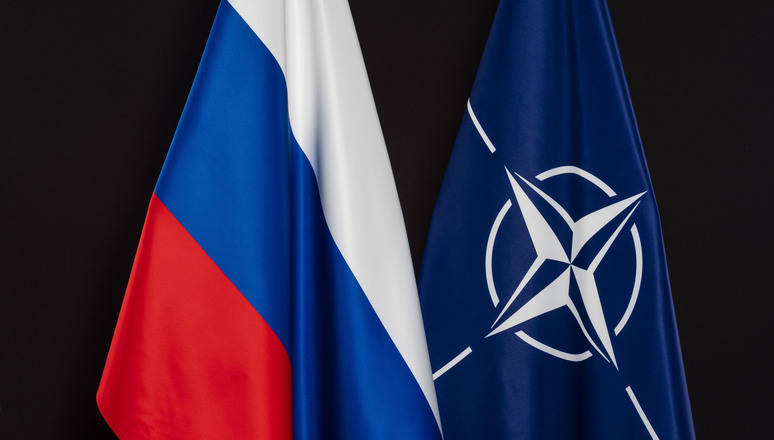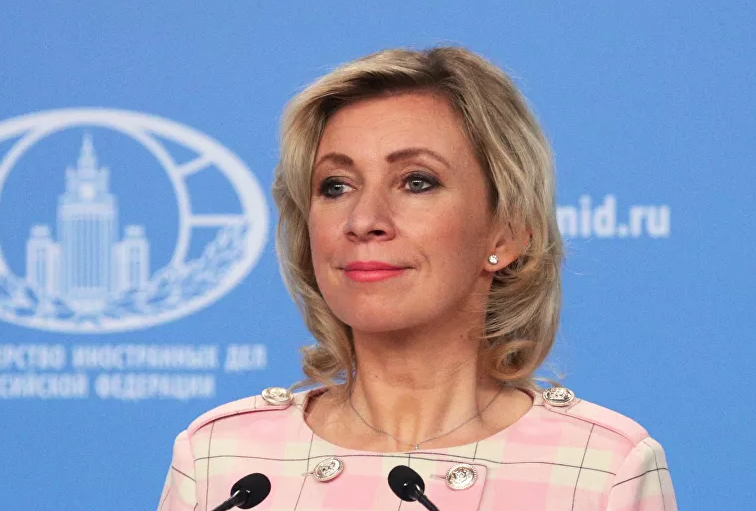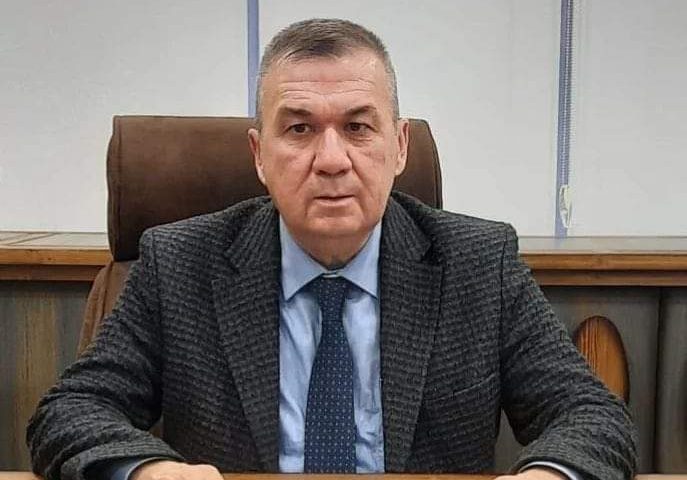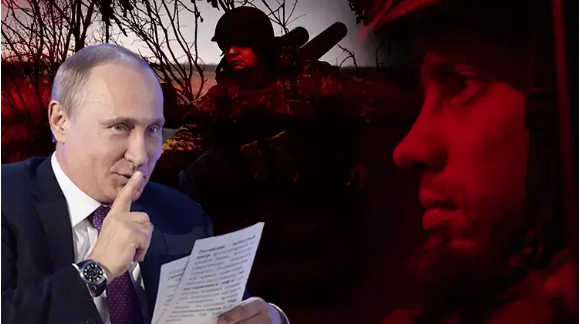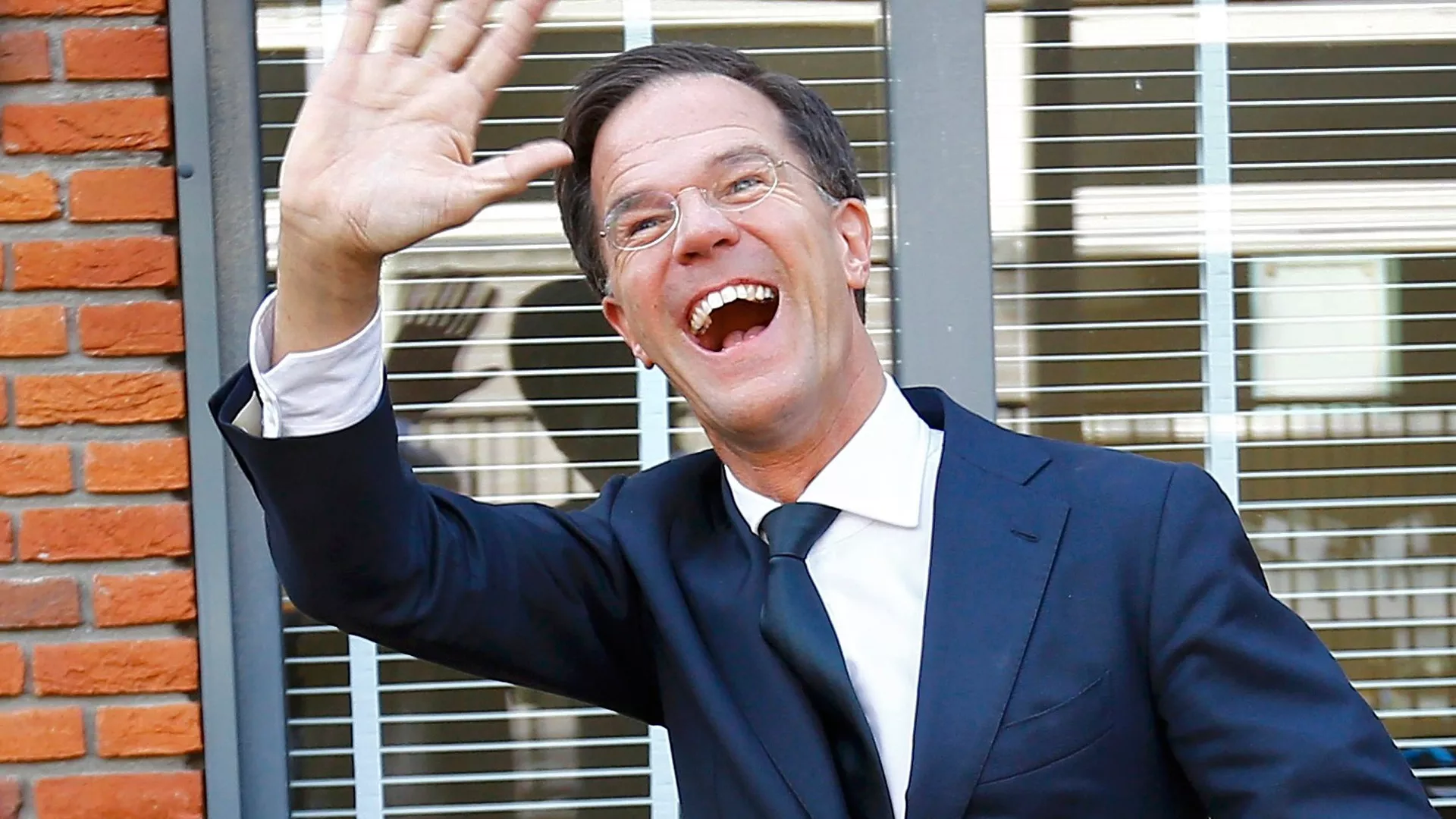As Russia and NATO prepare for talks…
Russia invited NATO and the United States to compromise together and separately, based on the two drafts it put on the website of the Ministry of Foreign Affairs on 17 December, He attributed the withdrawal of around 100,000 soldiers, which he had amassed on the Ukrainian border, to the fact that NATO did not expand further, and that it did not introduce weapons and soldiers to new countries and some regions. Even though these texts were removed later, their influence was felt, at least NATO announced that it wanted to meet with Russia.
 It seems that the NATO-Russia meeting will take place on January 12, but there will most likely not be an agreement. NATO will naturally be unwilling to accept the conditions in Russia’s draft, and will put forward conditions against it even if it wanted to. However, negotiations have started, and the two sides will have chosen to allow space and time for diplomacy instead of using force. Russia will not press it to accept my terms anyway.
It seems that the NATO-Russia meeting will take place on January 12, but there will most likely not be an agreement. NATO will naturally be unwilling to accept the conditions in Russia’s draft, and will put forward conditions against it even if it wanted to. However, negotiations have started, and the two sides will have chosen to allow space and time for diplomacy instead of using force. Russia will not press it to accept my terms anyway.
Because, as they know very well, every item in their draft requires long negotiations and technical discussions. The same applies to the draft treaty they proposed to the United States. Transparency and technical negotiation are as essential as goodwill and political will if international peace and security is to be maintained. If medium-range missiles are mentioned, their types should be defined and the technological breakthrough Russia has made in recent years should also be taken into account.
There are many studies that have been done on these issues, guiding the parties. The report, linked below, written by Pranay Vaddi, Thomas McDonald, and James Acton for the famous and influential think tank Carnegie is one of them. The authors even provided a roadmap for the parties in their report called Reimagining Nuclear Arms Control: A Comprehensive Approach.
They also showed readers who are not well-versed in the subject how extensive and complex the problem is. Their proposal is to make efforts to limit nuclear weapons, starting with regimes such as START that still exist, and to take steps to eliminate fear and suspicion in return. At the same time, to prevent crises and wars that may arise without misunderstanding.
It has recommendations for missiles launched from submarines, for the consequences of targeting command-control and communication systems with conventional weapons, and for Aegis systems to be placed in Europe in order to eliminate the threat from Iran. Moreover, they did not limit their work only to the USA and Russia, but also included the possibilities and concerns of China into the equations they established.
Another article worth considering is the briefing note signed by Darly Kimball, Kimgston Reif, which was published on armscontrol.org in June and recommended that the ABM Treaty, which was killed by the United States in 2002, be resurrected and negotiated in accordance with the new conditions. Here, the authors say that the Bush Administration made a mistake by exiting the ABM, failed to gain superiority against Russia, and failed to prevent the Iranian threat.
Their recommendation is the re-activation of the ABM treaty, which was signed in 1972, whose area of protection was reduced and coverage was expanded with the 1974 protocol, which maintains the balance of terror by leaving both sides open to nuclear attacks from each other, thus making it meaningless to increase the strike, effectiveness and efficiency rates of nuclear weapons. Ensuring security through mutual vulnerability.
I am not sure if this understanding, which has meaning in the unique conditions of the Cold War and in a world where the Soviet Union is seen as the only enemy, can be resurrected. The Carnegie report, which I could not convey all the details of, seemed to me more reasonable and applicable. I hope that it will come directly to the parties of the problem or they will come to an agreement according to a formula they will find themselves and nuclear weapons will at least lose their military-political appeal.
I think the prerequisite for this is the reduction of the tension originating from Ukraine, that is, the freezing of the status quo, and the establishment of a regime and understanding that will ensure that the parties do not go further than the strategic positions. Obviously, for Russia, Ukraine is not just Ukraine, it is the starting point of its strategies, expectations and interests. They want to negotiate, and both America and NATO are fortunately ready to negotiate.
In my opinion, despite all the problems it has experienced, Turkey should also prepare the ground for this bargaining. Sometimes with facilitation, mostly with technical knowledge and experience, drawing conclusions from “academic” exercises and of course thinking long-term. Also, taking into account that the solution of such problems can affect their own security from the regimes and understandings.
fikrikadim editor
For the report in question: https://carnegieendowment.org/files/Acton_et_al_ReImagining_Arms_Control_fnl_1.pdf

